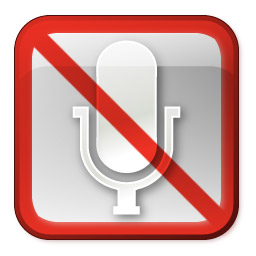
Media Freedom International
Simon Glik, a lawyer, was walking down Tremont Street in Boston when he saw three police officers struggling to extract a plastic bag from a teenager’s mouth. Thinking their force seemed excessive for a drug arrest, Glik pulled out his cellphone and began recording. Within minutes, Glik said, he was in handcuffs. The charge was illegal electronic surveillance. Police charged Glik with violating the state’s wiretap law, which bans secret voice recording of communication. A Boston Municipal Court judge threw out the charges because his recording had not been made in secret. (AP February 2010)
In 1968, Massachusetts became a “two-party’’ consent state, one of 12 currently in the country. Two-party consent means that all parties to a conversation must agree to be recorded on a telephone or other audio device; otherwise, the recording of conversation is illegal. The law, intended to protect the privacy rights of individuals, appears to have been triggered by a series of high-profile cases involving private detectives who were recording people without their consent.“The statute has been misconstrued by Boston police,’’ said June Jensen, the lawyer who represented Glik and succeeded in getting his charges dismissed. The law, she said, does not prohibit public recording of anyone. “You could go to the Boston Common and snap pictures and record if you want; you can do that.’’The American Civil Liberties Union has filed a federal civil rights lawsuit February 1, against Boston police officers who arrested a Glik for useing his cell phone to record their alleged use of force against a suspect.